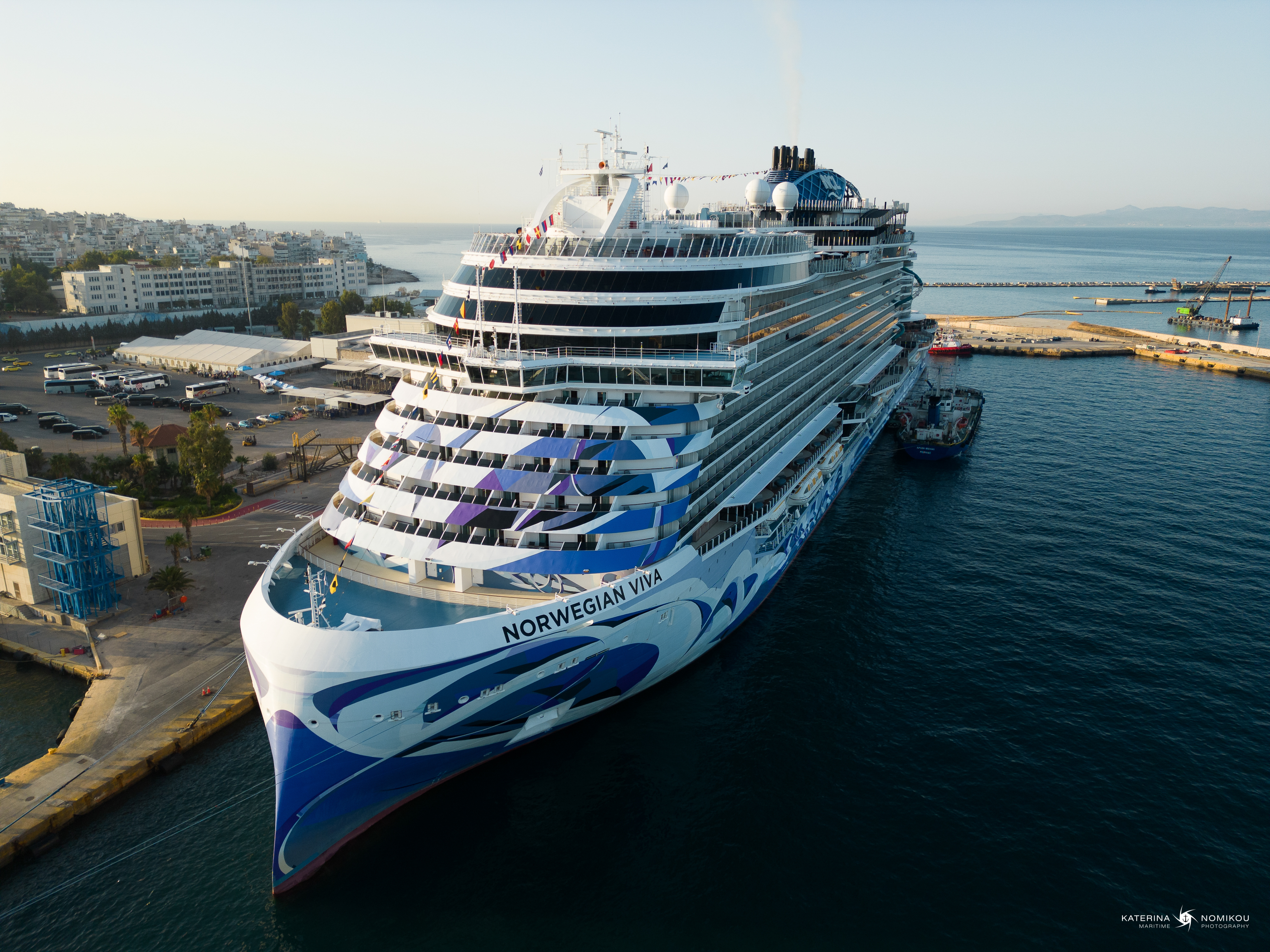The UK has introduced new legislation to prohibit the use of cybutryne in marine paints, effective from 10 May 2024. This regulation aims to protect marine life and ecosystems by preventing harmful substances from entering the food chain. The legislation not only applies to UK-flagged ships regardless of their location but also to foreign-flagged vessels operating within UK or controlled waters. In conjunction with this prohibition, the regulations uphold an existing ban on similar harmful organotin compounds, thus strengthening marine pollution control.
The Merchant Shipping (Anti-Fouling Systems) Regulations 2024 will formally incorporate these measures, reflecting updates from the International Maritime Organization’s (IMO) conventions. The Maritime and Coastguard Agency (MCA), led by Chief Executive Virginia McVea, emphasizes the ecological threats posed by such substances, highlighting the UK’s commitment to environmental protection and the global fight against marine pollution. The new regulations simplify existing policies by consolidating them into one framework, making it easier for stakeholders to remain compliant and updated.
The legislation also revokes earlier EU regulations, specifically Regulation (EC) No 782/2003 and the Merchant Shipping (Anti-Fouling Systems) Regulations 2009, bringing UK regulations in line with the latest international standards established in the International Convention on the Control of Harmful Anti-fouling Systems on Ships, as amended. A consultation process was conducted from November to December 2023, ensuring stakeholder input on these important regulations.
Furthermore, these regulations align with the UK’s commitment under the Environment Act 2021, which mandates that Ministers consider environmental principles in policymaking. Overall, the new legislation reflects the UK’s proactive stance in safeguarding marine ecosystems and demonstrates a comprehensive approach to addressing pollution from anti-fouling systems in maritime industries.
Source link










